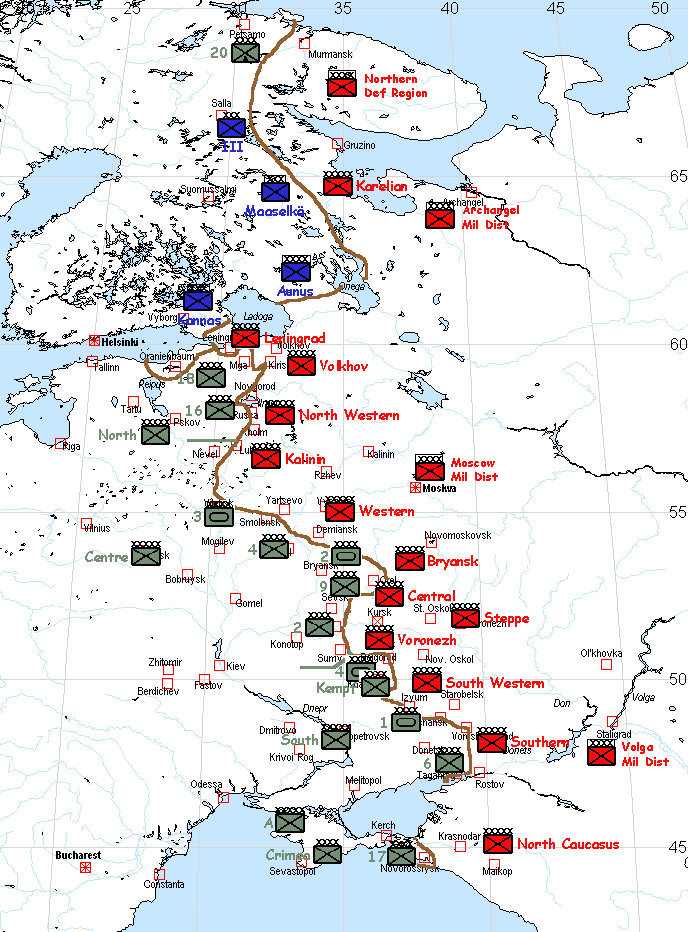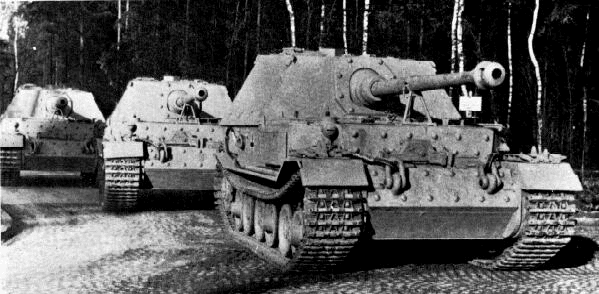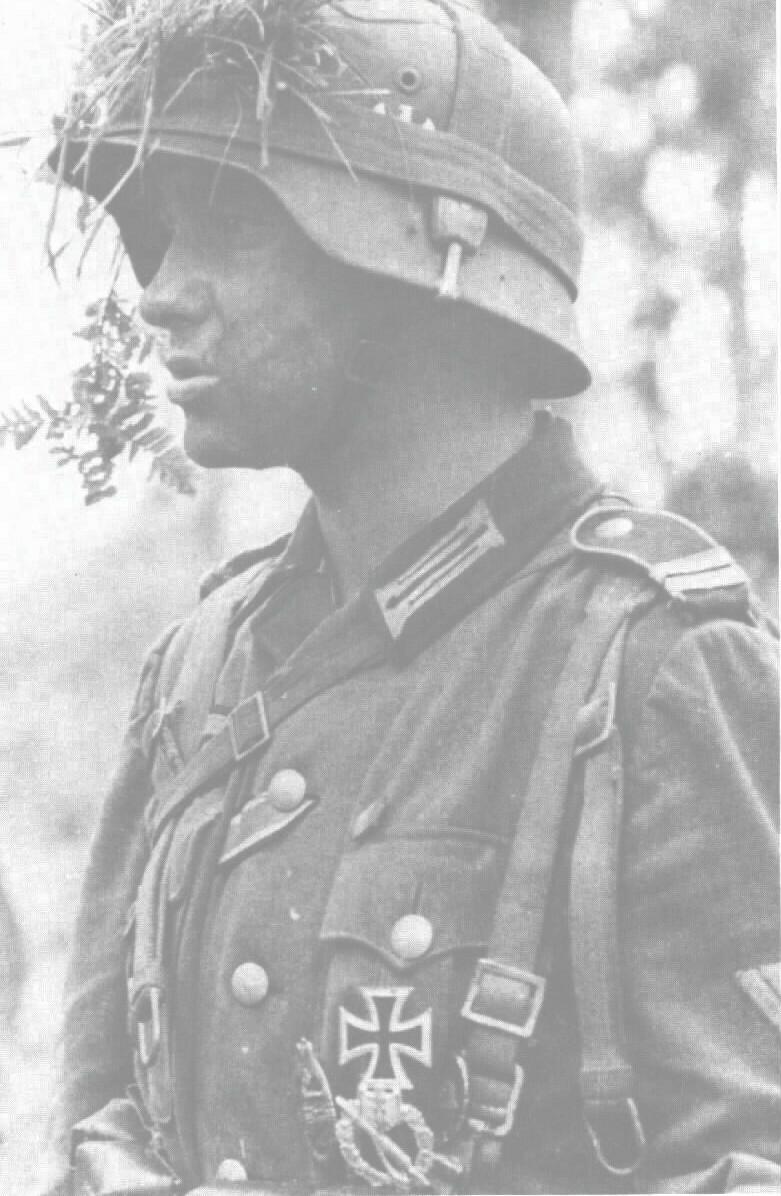
Dawn, June 22, 1941
" When they spread out the map of Russia before me, I could scarcely believe my eyes... I made no attempt to conceal my disappointment and disgust. " - Heinz Guderian

The success and mistakes of Operation Barbarossa, for both sides are many. This page is dedicated to exploring some of the military facts of the war in the eastern front. Many historians refer to this operation as I have indicated before, a war. This enormous invasion was more than a front or a battle, it absorbed the German war machine to the point that it ceased to exist. For some the operation was in fact a grave mistake, for others it was a brilliant and daring military action. Historians and enthusiasts alike can spend a lifetime debating the details of Operation Barbarrossa with mixed opinions. This page will explore some of the facts, actions and results, but needless to say it will not include all of the related topics.
I do not consider myself a authority in WW II history. I leave that honor to the men that actually fought in the different battlefields, both German and Soviet, for they are the only ones who can judge its outcome.
The main purpose for this page is not only to inform, but to share WW II history with other enthusiasts who find this time in history fascinating.
CAMPAIGN ANALYSES
Since the end of the World War II and the Eastern Front Campaign, some historians and military enthusiasts alike have perpetuated the idea that Germany committed a fatal mistake in invading Soviet Russia. The points and counter-points are many indeed, but the facts remain unchanged. Germany invaded Russia to win and conquer, before the onset of winter. It must be stressed however, that there were no two actual fronts in 1941. Although the battle of Britain had been decided and thus the preparations for Operation Sealion (The invasion of England) were put on hold indefinitely, the U-Boat war on the Atlantic hardly qualifies as a second front. In the case of the North African Campaign, the defeat at El Alemein was in fact a turning point of the war in the west. Not until July 1943 did the Germans face a second front in Italy by the Allied invasion of Sicily. What can be cataloged as a true second front is the invasion of Normandy on June 1944. The Eastern Front was in fact World War two and the main reason for Germany's war of conquest.

A koningstiger on the Eastern front in action

Reinforcements: 'Elefants' on their way to the Russian front
That left the Germans a free hand in the east for three years. Overlooked is
the fact that the Red Army defended aggressively from the very beginning and
forces (Not known to the Germans at the time) were in fact being fed westward in
a attempt to hold the German onslaught. The German plan was to destroy the bulk
of the Soviet forces in its initial attack. The Soviet Air Force was in fact
neutralized in the opening days.
German units that included the 7th Panzer Division could have reached Moscow by
the beginning of August, there were several reconnaissance units that did manage
to enter the outskirts of Moscow.
The importance of Moscow has been down rated by many, including Hitler himself.
Aside from being the Soviet capital and center of government, Moscow was the
industrial, rail, telephone and command center of Russia, a crucial logistical
target. Stalin decided to stay in the city and plan its defenses instead of
fleeing eastward to set up government elsewhere. Stalin understood the
importance of Moscow and the moral effect of his nation's capital falling into
enemy hands.

koningstiger in the Russian plains


A dive-bomber: the Germans still had the German artillery
air-supperiority in 1942-1942
 again
again
an exemple of the German superiority: a colony of koningstigers
In the summer of 1942 the main German dilemma was not when but where
to launch the offensive. We now know the decision - To a capture the vital oil
fields in the Caucasus. This was not a mistake per se, the erroneous
decision came when Hitler ordered the splitting of Army Group South in two. The
fate of Army Group B (splinter group from Army Group South) was later sealed at
Stalingrad. Field Marshal List Army Group A reached the northern portion of the
Caucasus only to find supply and manpower shortages due to the situation at
Stalingrad.
The Soviets on the other hand were getting into a more tactical mindset ordering
important and troop saving withdrawals. At Stalingrad the Germans lost 25% of
their entire operational strength in the Eastern Front, a heavy blow by all
accounts but NOT decisive. It would however be the main factor for Germany's not
being able to complete the conquest of Russia. The German Blitzkrieg was
no more.

The Germans reach the Caucasus

the German STUG: anti-tank weapon

Things start to change: the cold Russian winter


The Russians had built a new tank: the T34, this tank is the sort that is built the most during WW2, and was the first tank (together with the French "Char de battaille B" where not enough pieces were made of) that could really compare with the German tanks. In 1948 Iran used this tank during a Middle-east conflict.
The Germans had yet another chance during their re-new offensive in the summer of 1943 - Operation Zitadelle (See related site on the LINKS section). Against Guderian's opinion that the production of Tiger and Panther tanks should be up to operational standards, Hitler decided to launch the ill fated offensive. The results being the final chance to at least bring the Eastern Front campaign to a stalemate in 1943. The fact that the German still had the capability to launch an offensive of this magnitude in 1943 proves that Stalingrad was not a decisive turning point in the war.

Elefants in action. This tank was a good weapon, but had no secundary weapons to fight enemy infantry, so it wasn't that usefull.

Again a good new soviet tank: the klim-Voroshilov 1, now the Russians had a good equiped army that almost was as good as the Germans.The Germans were still better, and had better scores (= more tanks destroyed). But the Russians had a lot of reserves and were able to replace their losses. Tthe Germans had all their troops at the front, and couldn't replace their losses.
What happened from the fall of 1943 until 1945 can only be described as a series of delaying actions all the way to Berlin. By sheer willpower, Hitler managed to turn the greatest conquest in modern history into a military fiasco. On the other hand Joseph Stalin ruthless rule, before and after the war, proved to be effective in the defense of the Soviet Union. Stalin wartime production of military equipment and strict military discipline doctrine kept the German invaders from attaining their goal and thus successfully defended the integrity of The Motherland.


Compare: the proud immortal German sodier at the beginning of the war, with the desperate German soldier at the end of the war